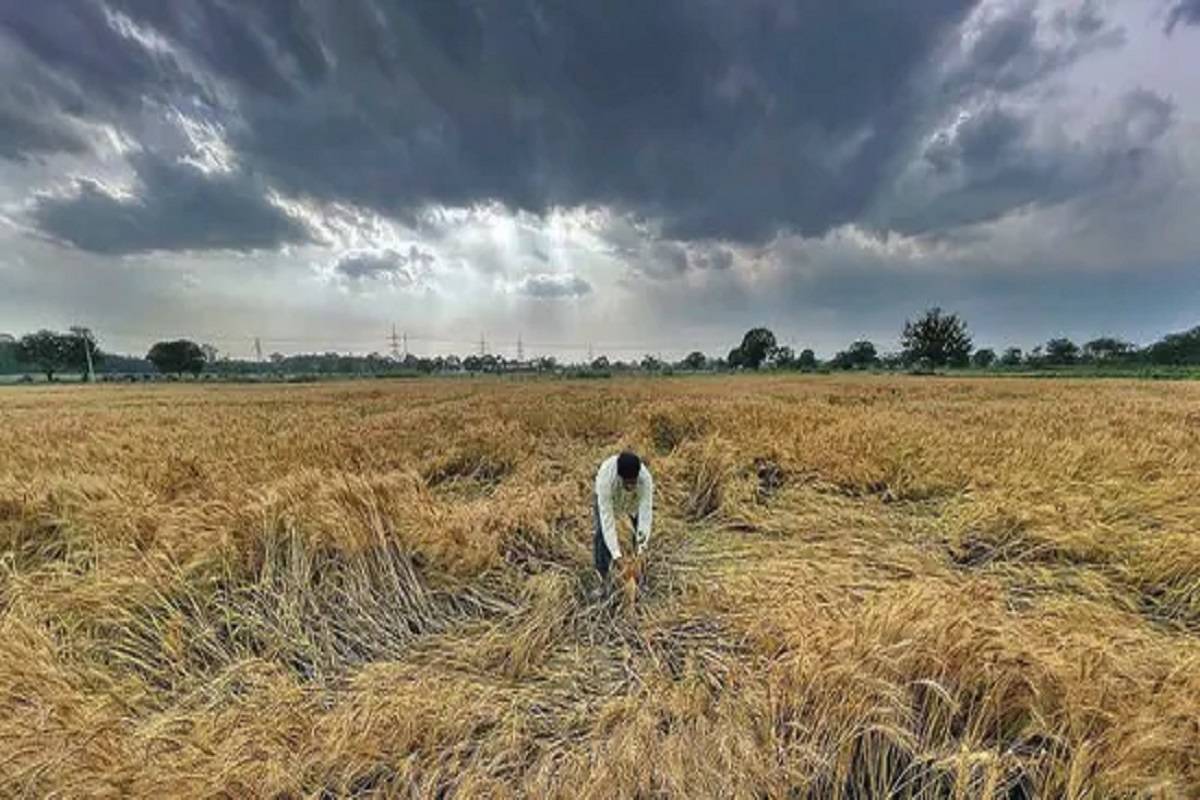
Unfortunately, the state has already been experiencing rainfall, high-velocity winds, and hailstorms since March 24, which has already affected a significant amount of the wheat crops sown during the rabi season.
At least 14 lakh hectares, which is 40% of the total 34.9 lakh hectares of wheat sown in Punjab, have been impacted by adverse weather conditions.
The agriculture department has reported that the overall yield of wheat crops is likely to suffer by 15-20%, and the grain quality will also be affected. There will be a higher quantity of deteriorated and discoloured grains due to the unpredictable weather.
In response to the situation, the food and civil supplies department has requested the union ministry for food and public distribution to relax the rules for wheat procurement. Additionally, a team of scientists from the union agriculture ministry is expected to visit the state to evaluate the losses.
The delay in the completion of girdawari has also impacted the procurement process. Despite the opening of 1,872 mandis for wheat procurement on April 1, there have been no arrivals as of April 3, except for two tractor-trailers with 8,000 quintals of grain that arrived at the Rajpura Mandi.
This is the second consecutive rabi season when the wheat yield has been affected in Punjab. Last year, approximately 15% of the yield was damaged, resulting in a calculated economic loss of ₹6,000 crores to farmers.
The vice-chancellor of Punjab Agricultural University, Dr. SS Gosal, has expressed concern about the impact of the unpredictable weather on the bumper wheat crop, which has suffered damage in the second season in a row. However, Dr. Gosal also mentioned that the mulching method, which involves cultivating crops without clearing paddy crop residue after harvest, has proved resilient to unpredictable weather.
The crop sown using the mulching method has seen negligible lodging, which indicates that farmers may consider adopting this method for a more robust crop in the future.









